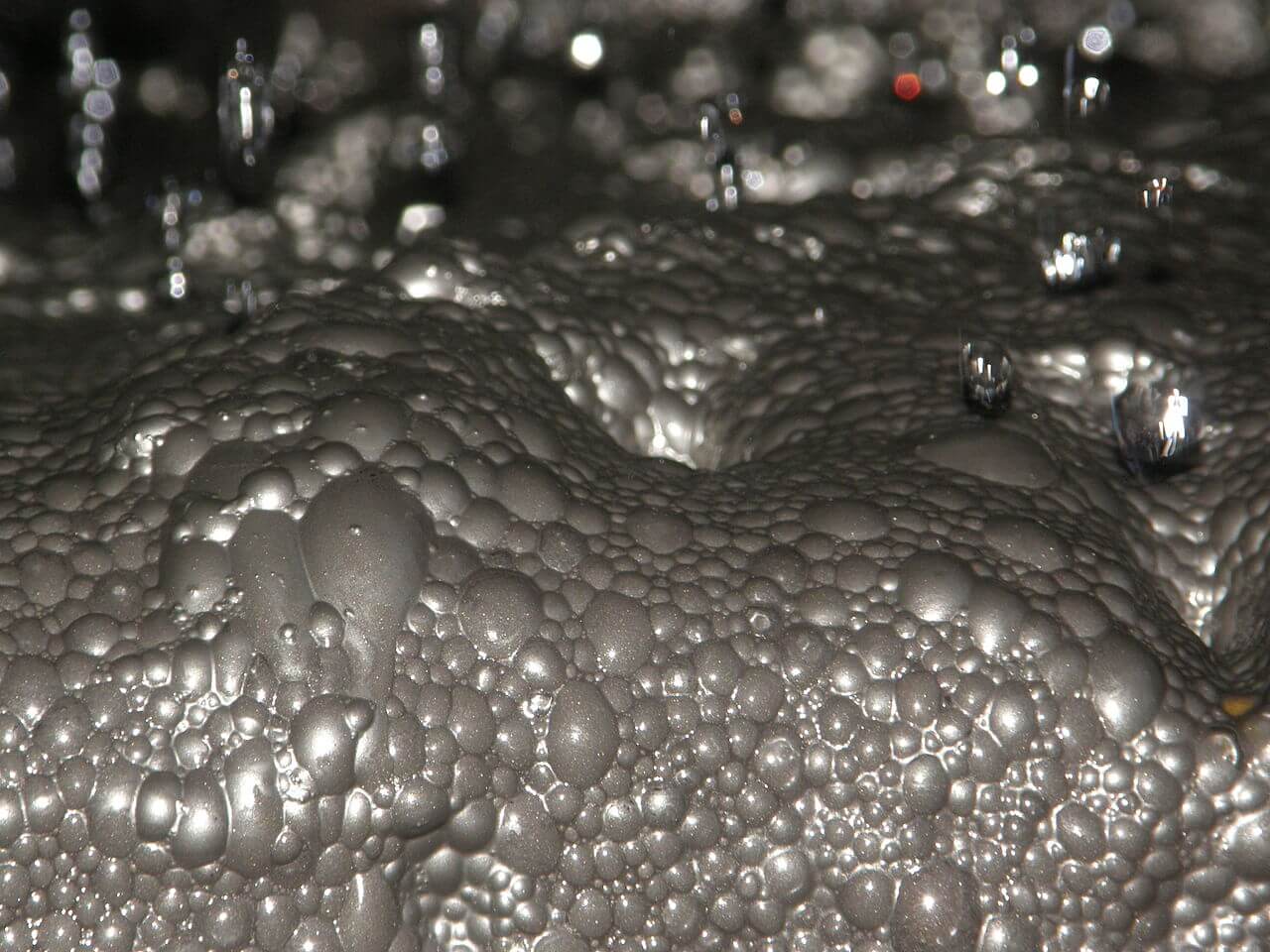Can water quality on froth flotation? What are the effects?
In the mining industry, the flotation process is crucial for separating valuable minerals from ores. A key factor influencing this process is the quality of water used. The composition of flotation water can significantly affect the efficiency and effectiveness of mineral recovery.
Flotation water can be categorized into four types: soft water, hard water, salt water, and backwater. Smooth water, typically found in rivers and lakes, is preferred due to its low salt content (generally less than 0.1%) and minimal polyvalent metal ions. In contrast, hard water, characterized by a hardness greater than 4, can hinder flotation by consuming collector agents like fatty acids, thus reducing process selectivity.
Saltwater, with a salt concentration ranging from 0.1% to 5%, is particularly useful in coastal mining operations. It can float naturally hydrophobic minerals, such as coal, without additional reagents. Backwater, on the other hand, contains a complex mixture of organic and inorganic agents, which can complicate the flotation process.
How does water affect the flotation of the flotation machine?
Water impacts flotation primarily through hydration and dissolution. Hydration occurs when ions in water are surrounded by water dipoles, affecting the buoyancy of minerals. Hydrophobic minerals like sulfur and coal are less affected by hydration, while hydrophilic minerals like quartz experience a stronger hydration effect.
Moreover, the dissolution of various substances in water can alter the flotation dynamics. Water’s ability to dissolve organic and inorganic compounds necessitates strict quality control measures, including softening and aeration, to optimize flotation performance. By understanding and managing these water quality factors, mining operations can enhance their flotation processes and improve mineral recovery rates.
This comprehensive approach to water quality in flotation maximizes efficiency and ensures sustainable mining practices in an increasingly competitive industry.
We can provide you with more information about copper ore processing. If you have any questions, please contact:
Whatsapp:+86 133 1927 7356
Email:[email protected]

